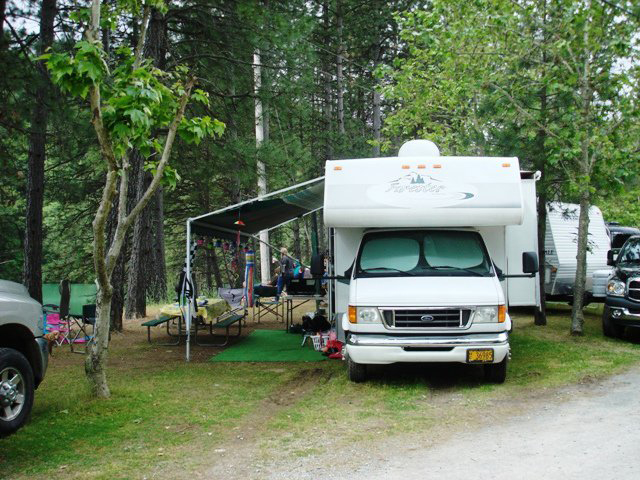The Shasta-Trinity National Forest is one of the most beautiful and diverse national forests in the United States, encompassing nearly 2 million acres of wilderness, mountains, lakes, and rivers. It is home to a wide array of flora and fauna and offers countless opportunities for outdoor recreation. Among the many attractions within this expansive forest, several institutions and businesses operate under special use permits, including Holiday Harbor Resort and Marina. These permits help ensure that the use of public land is managed responsibly and sustainably.
In this blog, we’ll explore the importance of special use permits, their role in managing public lands, and how they help maintain the balance between recreation, conservation, and environmental stewardship in the Shasta-Trinity National Forest.
What is a Special Use Permit?
A special use permit (SUP) is an authorization issued by the U.S. Forest Service that allows organizations and businesses to use federal lands for a specific purpose. These permits are required for a variety of activities, including the operation of recreation facilities, campsites, boat rentals, and other services within national forests.
Special use permits are designed to ensure that land management is done in a way that minimizes environmental impacts while providing public access to the land. They are granted to entities that have a beneficial and responsible use of the land and adhere to the Forest Service’s regulations.
How Special Use Permits Support Sustainable Recreation
The Shasta-Trinity National Forest is a popular destination for outdoor enthusiasts, offering opportunities for hiking, camping, boating, fishing, and more. To accommodate these activities, businesses like Holiday Harbor Resort and Marina must obtain special use permits to operate their services within the forest’s boundaries.
These permits ensure that the land is used in a way that protects the environment while still allowing visitors to enjoy recreational activities. By obtaining an SUP, companies agree to follow specific guidelines for resource management, waste disposal, water conservation, and other aspects of environmental stewardship.
Environmental Protection and Conservation
The Shasta-Trinity National Forest is home to diverse ecosystems that need protection from overuse, pollution, and other harmful practices. Special use permits help ensure that the land is managed responsibly by requiring operators to adhere to standards that minimize their impact on the environment.
For example, businesses operating under a special use permit may be required to maintain specific waste management practices to protect water quality in nearby lakes and rivers. Additionally, they must take steps to protect local wildlife and their habitats from disruption. These requirements are essential for preserving the natural beauty of the forest for future generations.
Public Access and Sustainable Use
Special use permits are also crucial for maintaining access to public lands. By regulating the use of forest lands, the Forest Service can ensure that visitors have safe, sustainable access to recreational activities while preventing overcrowding and degradation of resources. This system allows organizations like Holiday Harbor Resort and Marina to provide visitors with access to Shasta Lake, Houseboat Rentals on Shasta Lake, and other services while maintaining the long-term health of the land.
When you visit Holiday Harbor Resort and Marina or any other special use permit-operated facility in the Shasta-Trinity National Forest, you’re helping support responsible land management practices. By respecting the environment and following the guidelines set forth by the U.S. Forest Service, we can ensure that these beautiful public lands remain protected for generations to come. Plan your next trip to Shasta Lake and be part of the solution!



